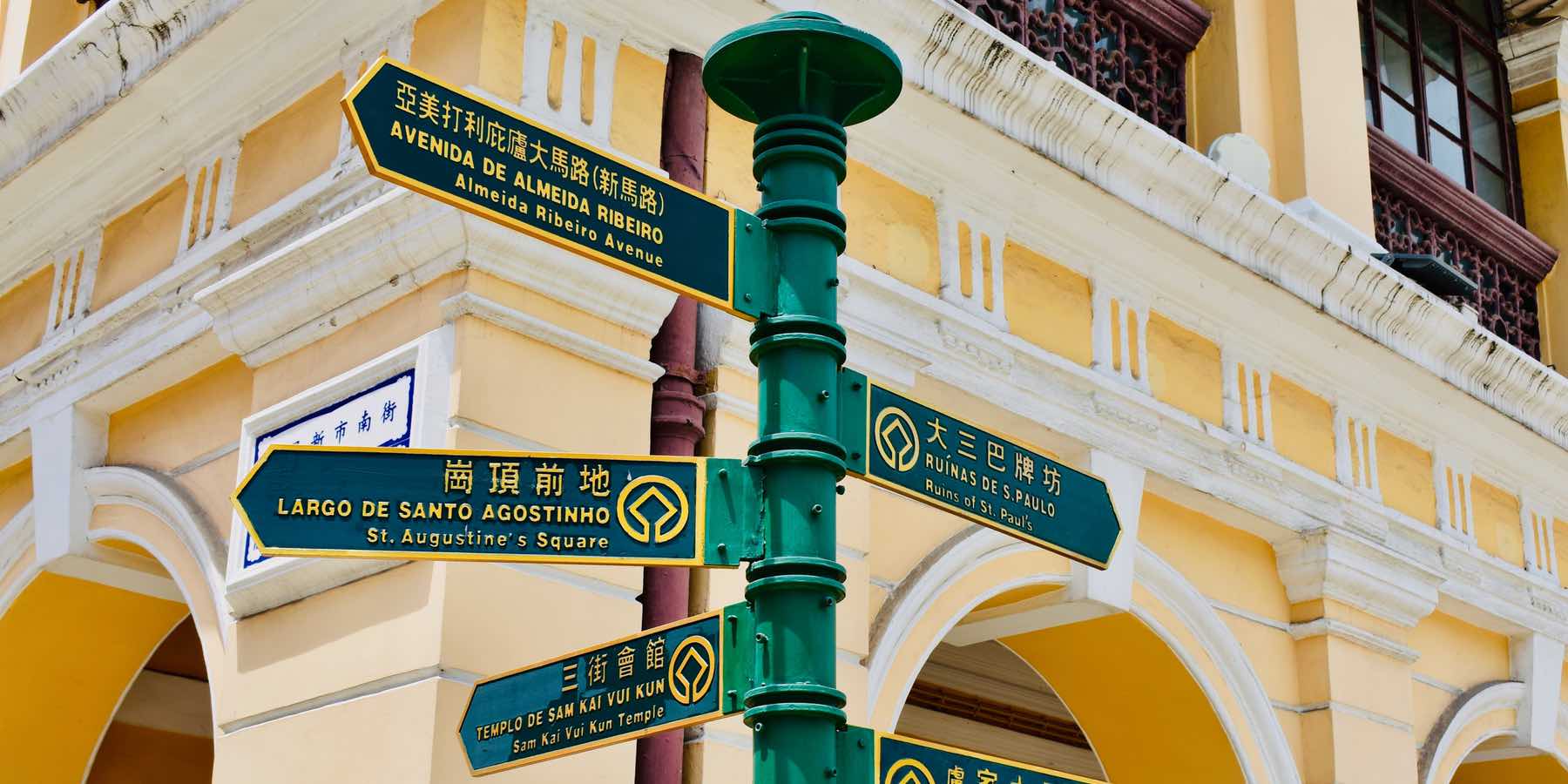Localisation means linguistically and culturally adapting a product or service for a geographical area, in order to make the content usable by people/companies in that specific region and maximise results. The term is mainly used in the context of website and software translation, but many things can be localised, including applications, user manuals, medical and scientific publications and even product labels. All these different fields of application make localisation an interdisciplinary task which includes elements of design, computer engineering and marketing.
Localisation is based on the concept of linguistic adaptability: this process can also involve a profound modification of the original text so that it adapts to the nuances of the target language and the uses and customs of the relative geopolitical area (while trying to preserve the linguistic style, content and communicative intent of the source text). Is it always necessary? Not always. As with other services, it’s important to rely on a project manager capable of deciding and evaluating the most suitable solution. In those cases where localisation is appropriate, let’s dive in and see how it works.
When is localisation necessary
Browsing a website that wasn’t designed for you is like taking an unexpected trip to a foreign country. You don’t know the currency used or the exchange rate, you don’t know how to read street signs or ask for information, you look around to find something familiar, but everything seems out of place. This is why companies and international organisations seeking to expand their business abroad must go beyond simple translation and turn to localisation service providers: above and beyond a translation, a cultural adaptation of a website allows foreign users to engage with the content as if the page was originally designed for them as well.
Translators who deal with localisation must have thorough knowledge of the target user in order to advise clients on an appropriate strategy. This allows the website to naturally fit within the target context harmoniously, meeting the public’s needs and expectations. For example, when an e-commerce website undergoes a localisation process, the contents become more interesting and appealing to the foreign user, who will consequently be more inclined to finalise their purchase. In fact, it has been statistically proven that consumers are more inclined to purchase if the information relating to the product or service offered is in their native language.
The elements of a website that in most cases need localisation are listed below, beyond the obvious specific cultural elements of the language (puns, jokes, irony, sarcasm).
- currency and weight and measurement systems
- numbering systems
- dates and times
- graphic elements
- signage
- bureaucratic aspects (documents, addresses, telephone numbers, international postal codes)
What is the difference between website localisation and seo?
The first step in creating an international version of your website is the localisation of its contents, but there’s another useful process that can ensure greater visibility, namely Search Engine Optimisation, or SEO. SEO is a set of practices and tools that allows to improve the positioning of a website in search engine results, so as to reach a wider audience and obtain an increase in traffic on the page (in fact, users are more likely to click on the first search results because they expect them to be the most relevant).
There are many SEO techniques ranging from the targeted use of functional keywords for the target user, an adequate website structure and the strategic use of internal and external site links. SEO and localisation are therefore very different practices, but an adequate synergy between these two activities allows to obtain a perfectly usable website which is clearly visible by search engines and which has a high probability of obtaining results in the target market.
If your goal is to have your website reach international audiences, localisation will give you a significant competitive advantage. We can help you get that advantage: contact us for information on the services offered by Translation Agency.






